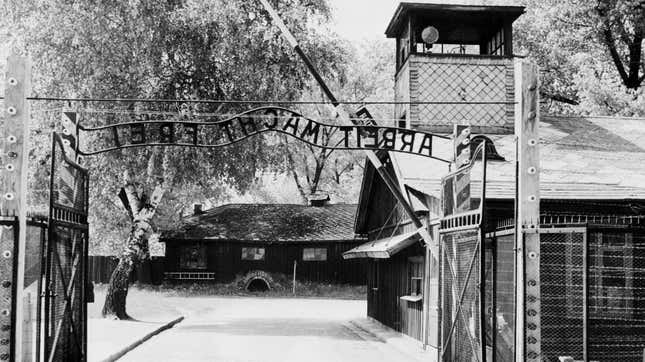Great News, One in Ten Young Americans Believe the Holocaust Has Been Exaggerated
Latest

There’s been significant reporting on how social networks drive misinformation and conspiracies, and now we have some disturbing information about the prevailing presence of Holocaust deniers to drive home that fact. A harrowing new study conducted by the Conference on Jewish Material Claims Against Germany found that a significant percentage of young Americans believe the Holocaust is a myth.
In a survey of young Americans aged 18 to 39 across, encompassing all 50 states with at least 200 participants per state, found that 23 percent, or one in ten, respondents said the Holocaust was either a complete fabrication or that the number of deaths had been greatly exaggerated, Vice reports. The stats don’t improve from there: 63 percent of those surveyed couldn’t name the number of Jew murdered, 36 percent thought the number was “two million or less,” 48 percent couldn’t name a single concentration camp or ghetto, and worst of all: 11 percent believed Jews caused the Holocaust, and 12 percent said they don’t think they’ve heard the word “Holocaust” before.
-

-

-

-

-

-

-

-

-

-

-

-

-

-

-

-

-

-

-

-

-

-

-

-

-

-

-

-

-

-

-

-

-

-

-

-

-

-

-

-








































